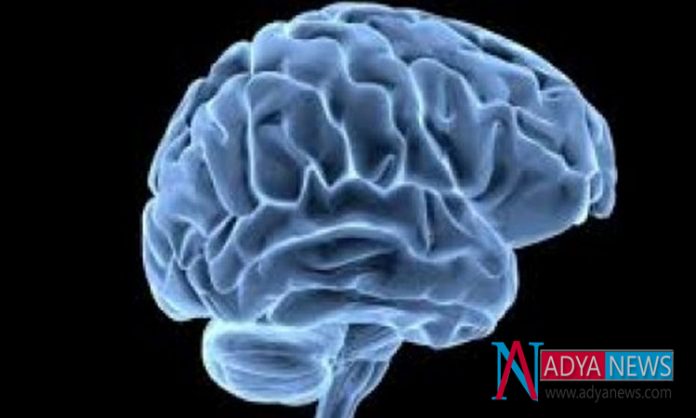People continue making new cerebrum cells for the duration of their lives, even into the 90s, a finding that may make ready to medications for Alzheimer’s ailment – connected to misfortune in mind cells, as per an investigation. Researchers had before believed that the vast majority of our neurons – mind cells that send electrical signs – are in fact set up when we are conceived.
The group at the University of Madrid took a gander at the minds of 58 perished individuals who were matured somewhere in the range of 43 and 97 and focussed on the hippocampus – a piece of the cerebrum associated with memory and feeling – lost in Alzheimer’s patients. They had the capacity to spot youthful or new neurons in the minds that they inspected, the BBC revealed. In solid minds there was a slight lessening in the measure of this neurogenesis with age.
I trust we would create new neurons as long as we have to adapt new things, specialist Maria Llorens-Martin was cited as saying to BBC News. What’s more, that happens amid each and every second of our life, she included. In any case, the investigation, distributed in Nature Medicine, says in individuals toward the start of Alzheimer’s, the quantity of new neurons framing tumbled from 30,000 for each millimeter to 20,000 for each millimeter.
That is a 30 percent decrease in the absolute first phase of the sickness, Llorens-Martin said. It’s extremely astounding for us, it’s even before the gathering of amyloid beta (a sign of Alzheimer’s) and most likely before side effects, it’s in all respects early.” Understanding why there is a decline in neurogenesis could prompt new medications in both Alzheimer’s and typical maturing, Llorens-Martin said.
While we begin losing nerve cells in early adulthood, this exploration demonstrates that we can keep on delivering new ones even into our 90s, said Rosa Sancho, from the Alzheimer’s Research UK. Alzheimer’s drastically quickens the rate at which we lose nerve cells and this exploration gives persuading proof that it additionally constrains the making of new nerve cells.

